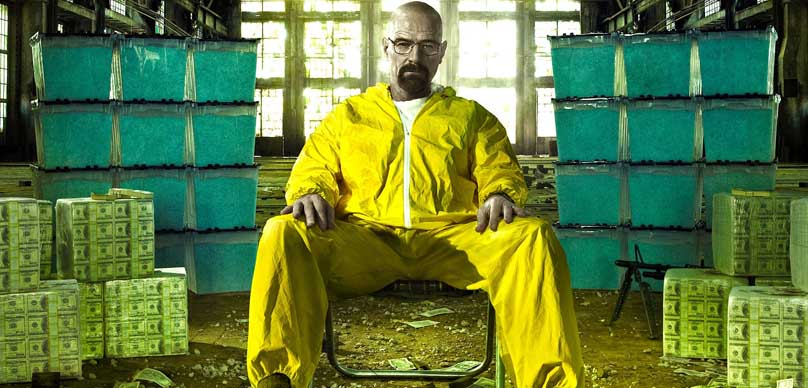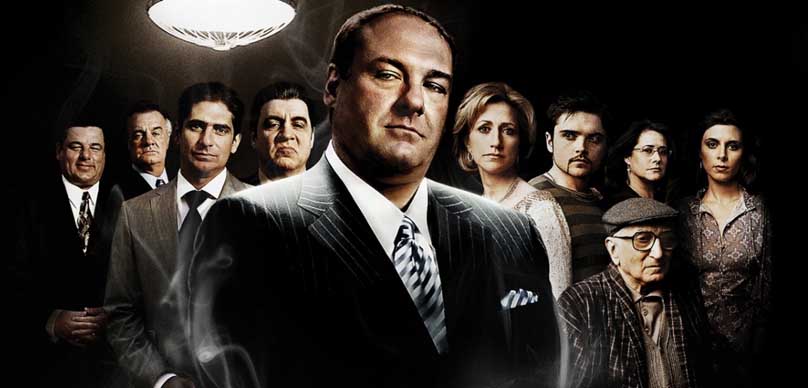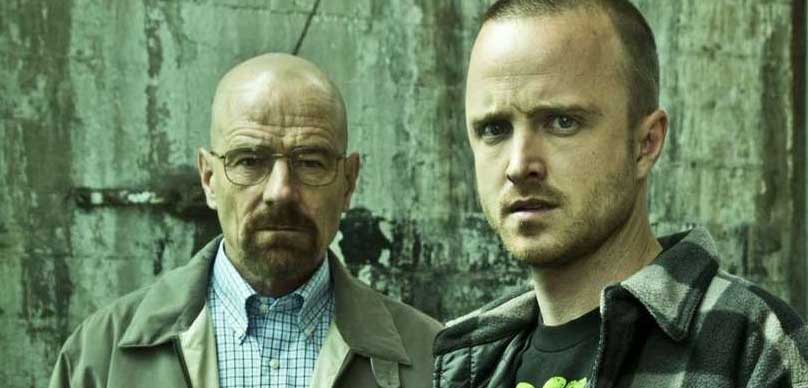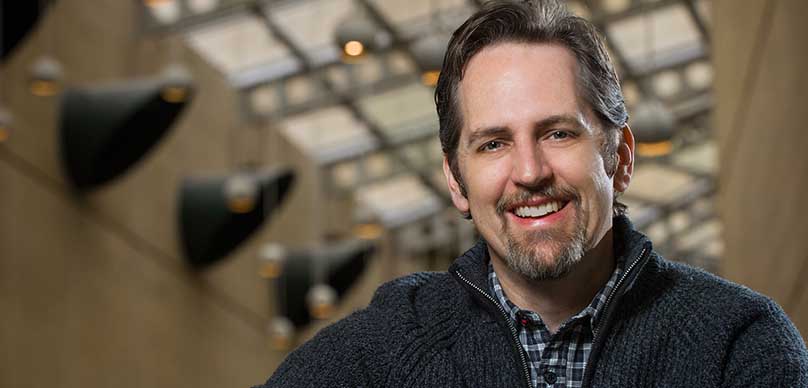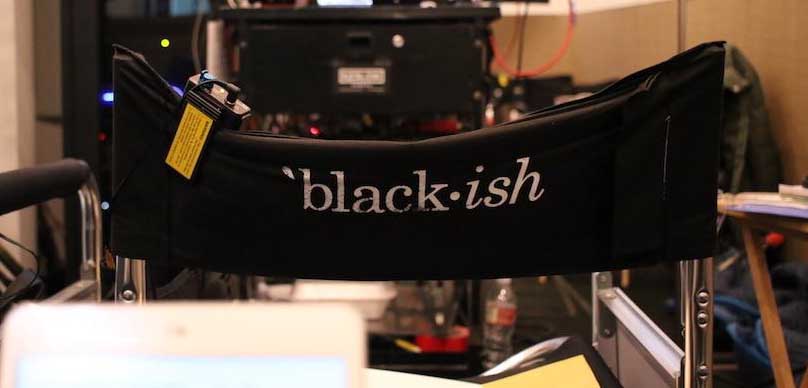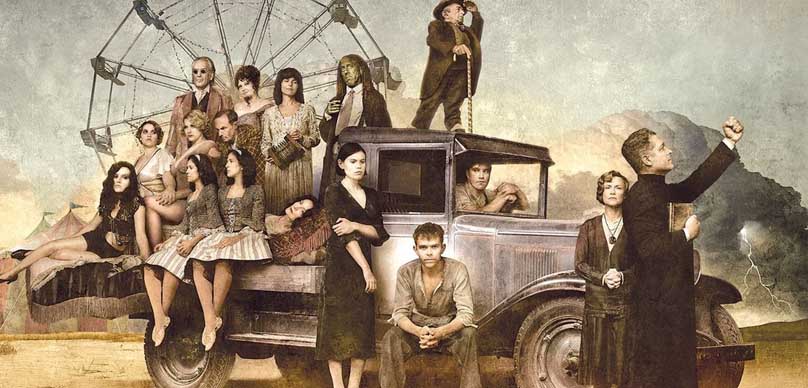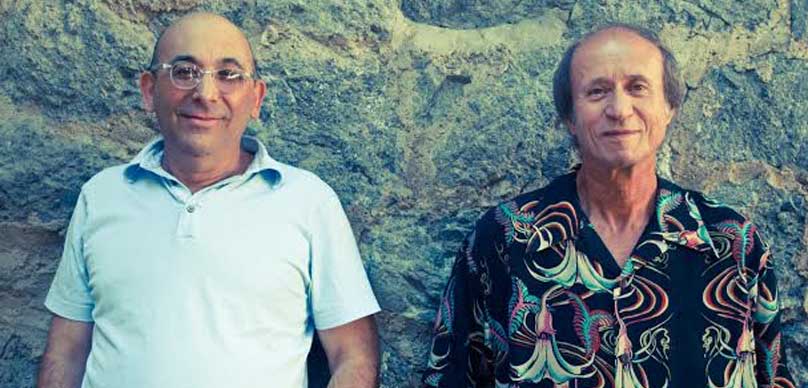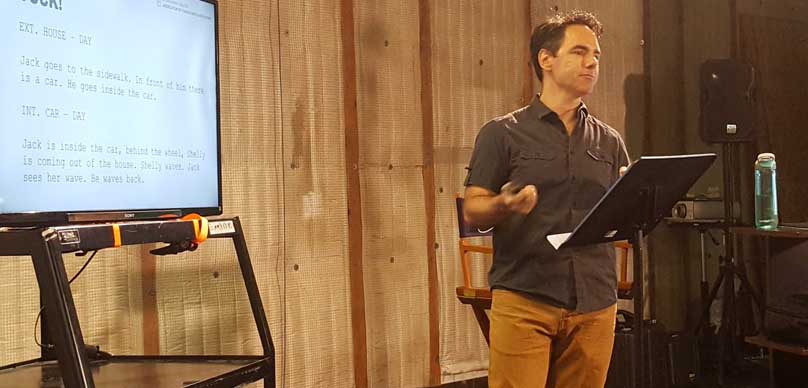Today on the show we have screenwriter and producer Erik Bork. Erik Bork is a screenwriter best known for his work on the HBO miniseries Band of Brothers, From the Earth to the Moon, for which he wrote multiple episodes, and won two Emmy and two Golden Globe Awards as part of the producing team.
Erik has also sold series pitches (and written pilots) at NBC and FOX, worked on the writing staff for two primetime dramas, and written feature screenplays on assignment for companies like Universal, HBO, TNT, and Playtone. He teaches screenwriting for UCLA Extension, National University, and The Writers Store, and offers one-on-one consulting to writers.
Why don’t most scripts have the kind of success their writers’ dream of? Because of problems with the basic idea for their story. Which the writer is usually unaware of. While story structure and scene writing choices do need to be top-notch, writers tend to rush into those parts of the writing process too quickly, without vetting their basic concept.
This is a mistake professional rarely make because their agents and managers insist that ideas be run past them first. And this usually leads to serious notes and development before the outlining process even starts.
The Idea: The Seven Elements of a Viable Story for Screen, Stage or Fiction form an acronym for the word PROBLEM, since every story is really about one, at its core. Each chapter focuses on one of these seven deceptively simple-looking aspects of a strong story, which are anything but easy to master. Mr. Bork highlights his own struggles as a writer and his arrival at an understanding of how each of these elements works — and how to know if one’s idea really succeeds at each of them. A special section devoted to television writing (and its unique attributes) ends each chapter.
Whatever your education and background in writing or story, this book and its unique focus contribute foundationally useful information not covered elsewhere — which may be the missing piece that leads to greater results, both on the page and in the marketplace.
Enjoy my conversation with Erik Bork.
Right-click here to download the MP3
SPONSORS
- Bulletproof Script Coverage – Get Your Screenplay Read by Hollywood Professionals
- Audible – Get a Free Screenwriting Audiobook

